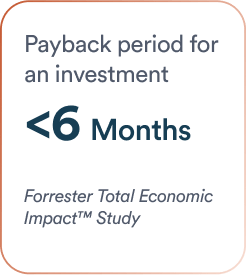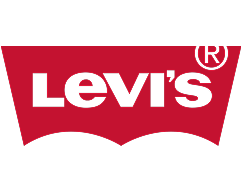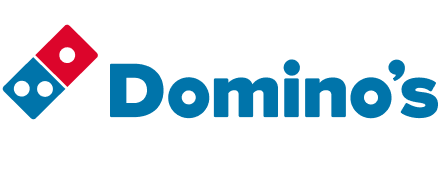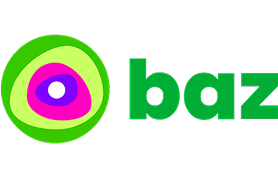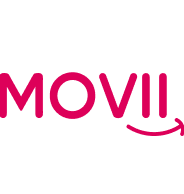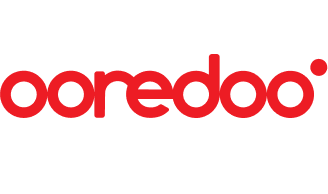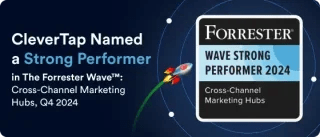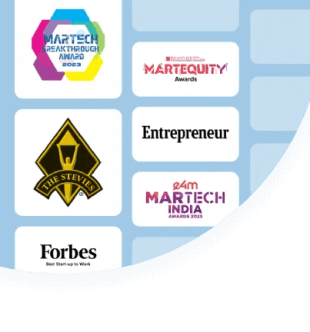Creative work requires a unique mindset: one that can resist distractions and negative impulses to focus on what’s important. In the context of COVID-19, this has become even more challenging.
Working from home brings an endless stream of distractions: from children, pets, partners, and our own boredom and isolation, to an onslaught of overwhelming headlines. Yet creative workers are being asked to push through all of this to deliver engaging, empathetic content and campaigns that connect with consumers on a human level.
Industries that are seeing a surge in demand need to act fast to capitalize on this sudden windfall, while industries that are struggling must find ways to keep the customers they have and acquire new ones cheaply.
Either way, marketers are facing an enormous task — one that requires a kind of strength and savvy that doesn’t come easily. For inspiration (and a boost of mental fortitude) I’ve found myself turning to the philosophy of stoicism as this pandemic stretches on.
What is Stoicism?
Stoicism, an ancient philosophy that dates back to the 3rd century BC, focuses on accepting what’s not within your control and mastering your emotions. Stoics respond to conflict and adversity with reason and logic rather than emotion.
As a casual student of stoic philosophy, I’ve found that a common misconception is to equate stoicism with a lack of emotion. But stoics wouldn’t have watched this virus rob people of their lives and their livelihoods with a stone face. They would feel the immense tragedy of this pandemic as deeply as any of us. It’s their actions that might differ — and teach us something about how to react ourselves.
So what would these ancient philosophers say to us now as we attempt to move, if not forward, then through this crisis together? And what lessons of theirs might marketers take with us now as we grapple with an uncertain future?
Focus on What’s Under Your Control
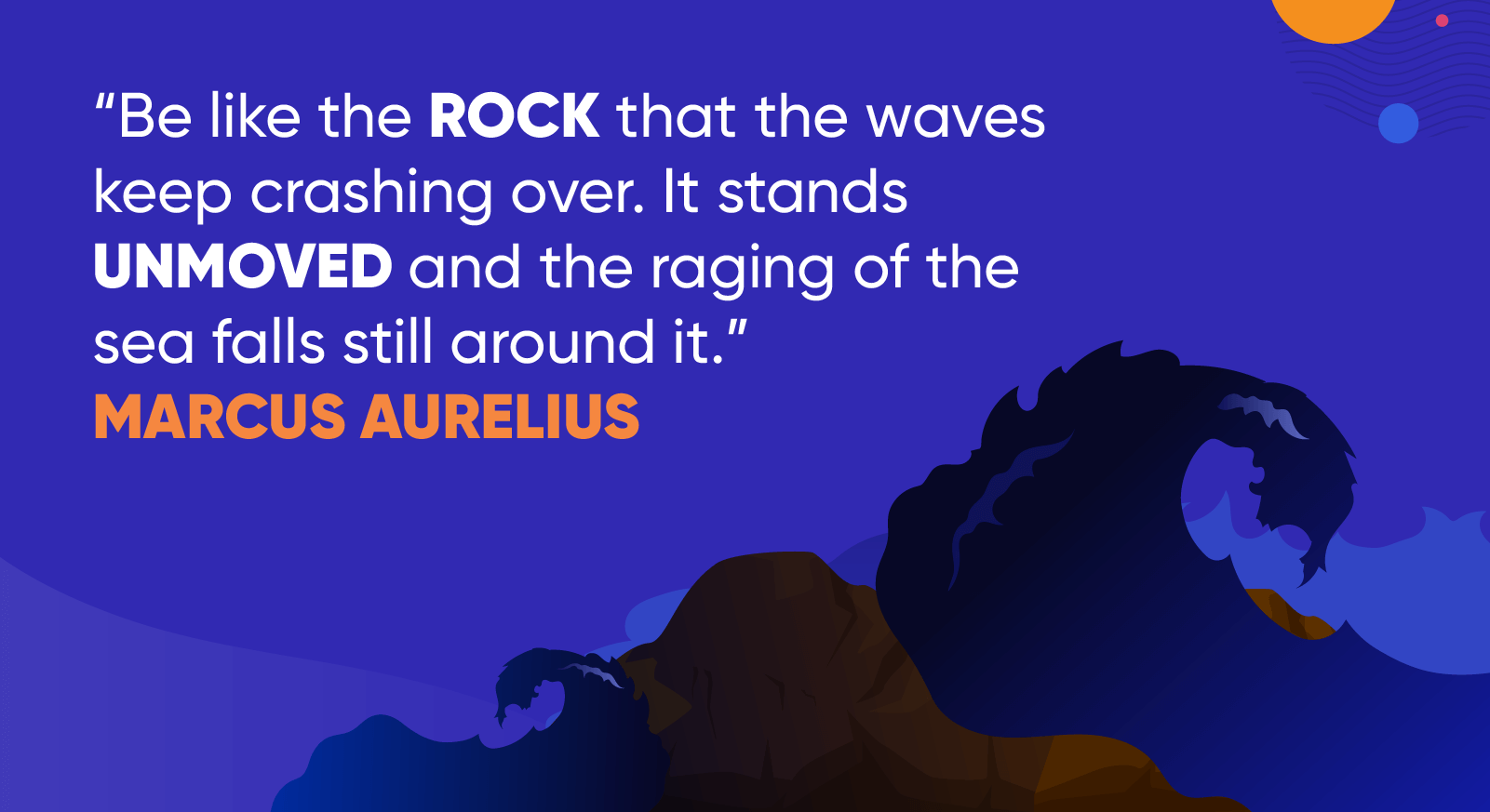
Marketers spend a lot of time trying to get people to pay attention, with little control over whether they actually do — even in the best of times. This pandemic has taken that lack of control to an extreme. You can’t control consumer behavior, can’t predict app usage habits, can’t foresee where the market will take your business.
Will your marketing budget take a big hit next quarter? Will you be able to meet the necessary KPIs to stay afloat? Maybe customers limiting discretionary spending will make fewer in-app purchases over the next nine months… or maybe not. Black swan events like the one we’re experiencing are unpredictable.
Hypotheticals don’t help. So don’t let them distract you from the reality of your customer data and what you need to accomplish to keep things going up and to the right — right now.
Stop obsessing over the stock market. Take a break from the headlines. Focus your energy on what you can do to be part of the solution: managing your stress and that of your team, focusing on your customers’ needs, and taking care of your health and the health of those you love.
Rise to the Challenge

Businesses around the world are counting on their marketing teams to help them survive whatever the coming months will bring. How will you respond to this pressure to deliver?
Hermione Way, a marketing expert and panelist on our recent webinar, perhaps said it best: “Out of great despair comes great innovation. It’s always when ‘the way of doing things’ is completely turned on its head that you find new models.”
Tackle this challenge head-on by staying close to your customers. Find new ways to connect with them and meet their needs — whether it’s delivering a product, information, or a laugh. Talk to colleagues in other departments and use their first-hand experience to find more content that resonates. Examine your messaging from a new angle. Be bold and take calculated risks to see big rewards.
Be Proactive, Not Reactive
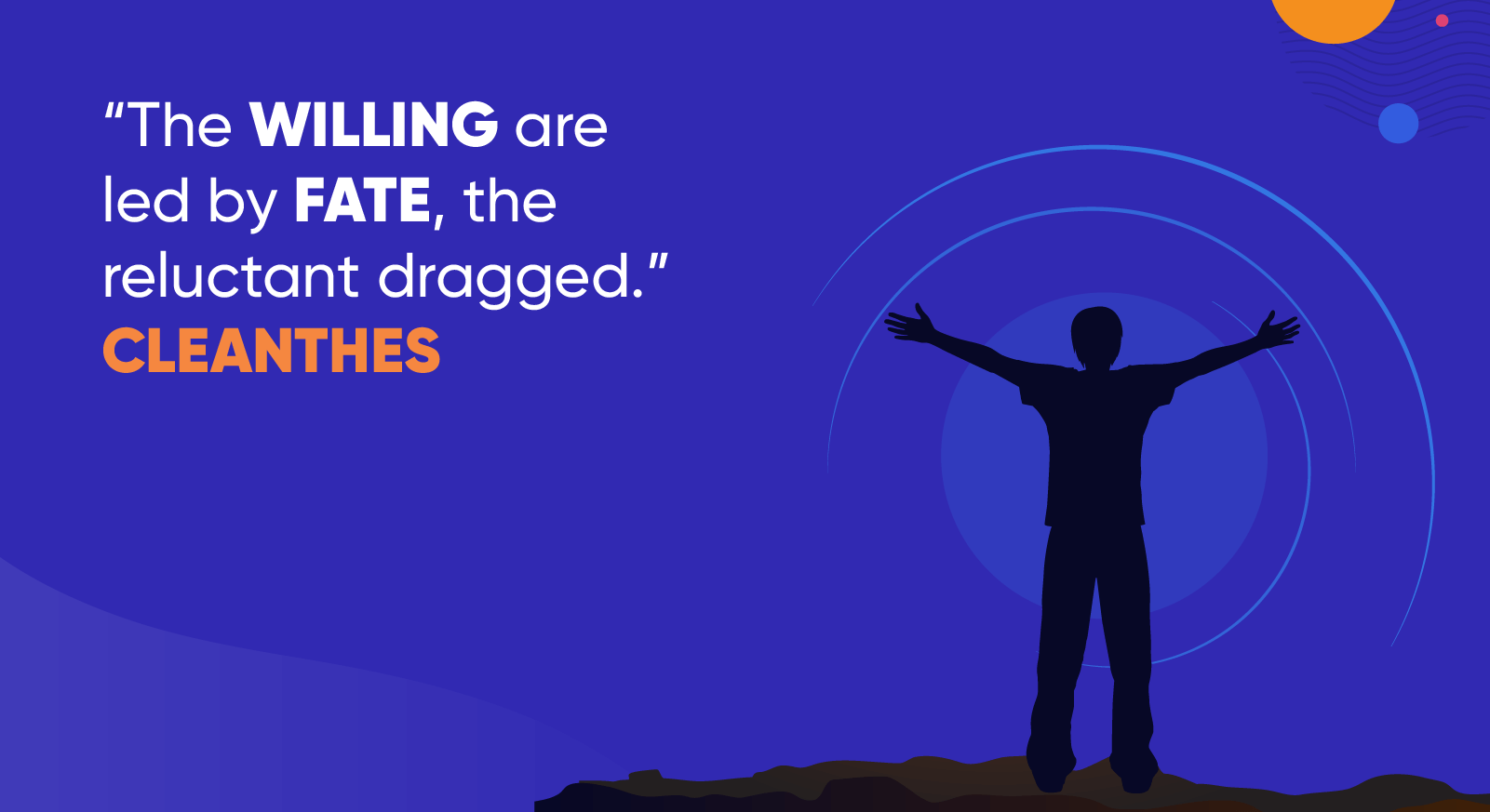
This pandemic is our new reality. The longer you ignore it, the farther you’ll fall behind. Brands sending messages as though life was business as usual sound tone-deaf and out of touch, and are alienating both current and potential customers.
Case in point: KFC partnered with a nonprofit to help provide meals to school kids who might otherwise go hungry. Compare that with Popeyes — their “Fried Chicken and Chill” campaign sharing their Netflix password received an incredible amount of backlash.*
Read the room. The context of every campaign you launch has shifted. Be proactive in understanding how your customers and your brand fit into this new reality, otherwise you risk a misstep.
Be Empathetic
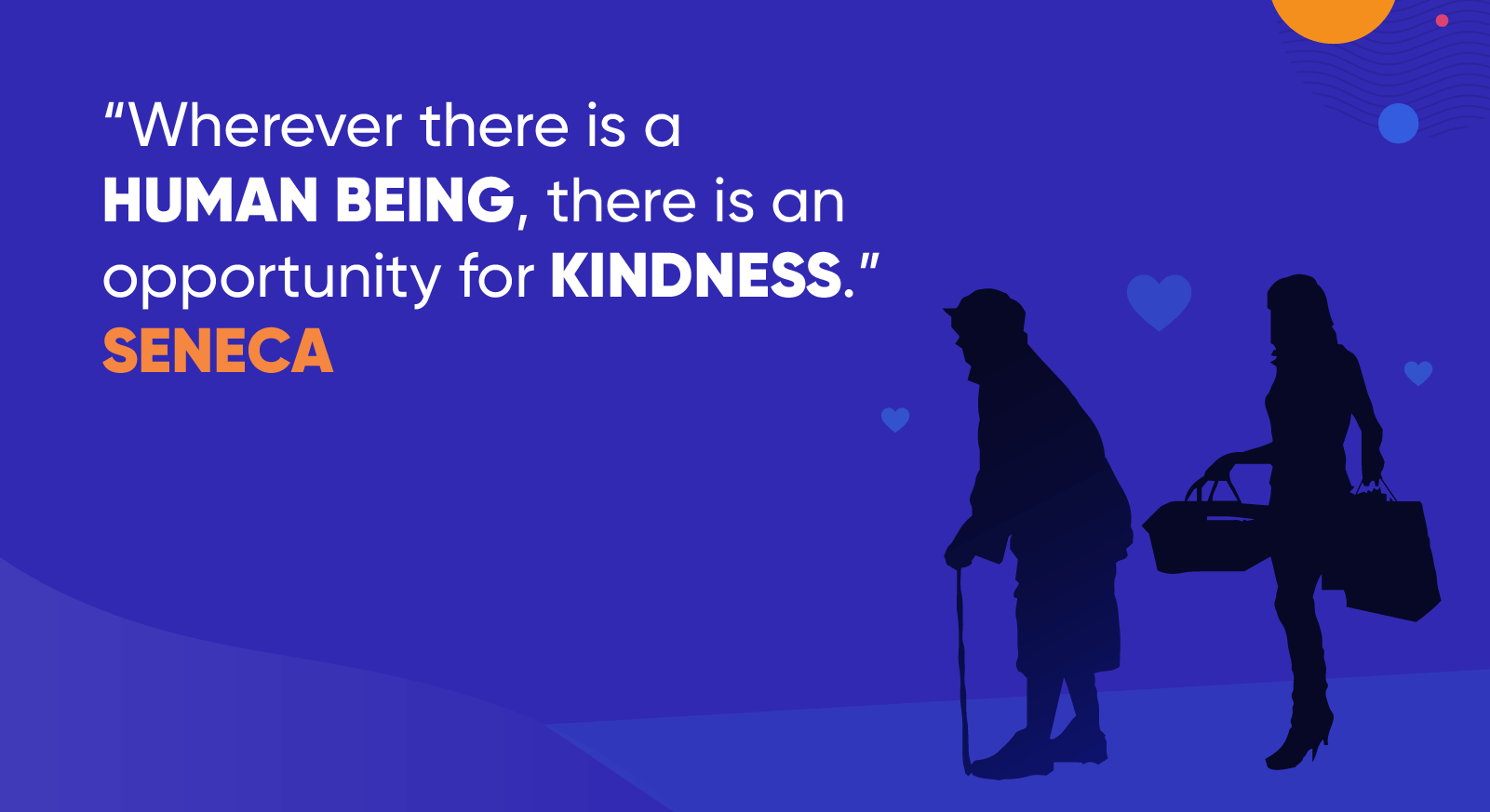
Successful marketing deepens the connection between your audience and your brand. By putting yourself in your customers’ shoes, it’s easier to understand their struggles and offer compelling solutions.
When you create campaigns, finding a way to put your users’ needs and wants first is the smartest way to grow your customer base. Show people that you care about them as humans, not as untapped revenue streams. Do it well, and you won’t even have to push your products — people want to support companies that “get” them.
This empathy goes both ways: customers are embracing brands that show their humanity. Companies are being more candid with customers than ever before — from being upfront about new work-from-home orders affecting support responses or delivery times, to acknowledging a pet or child during webinar presentations. And customers are responding with resounding support.
Appreciate Your Customers
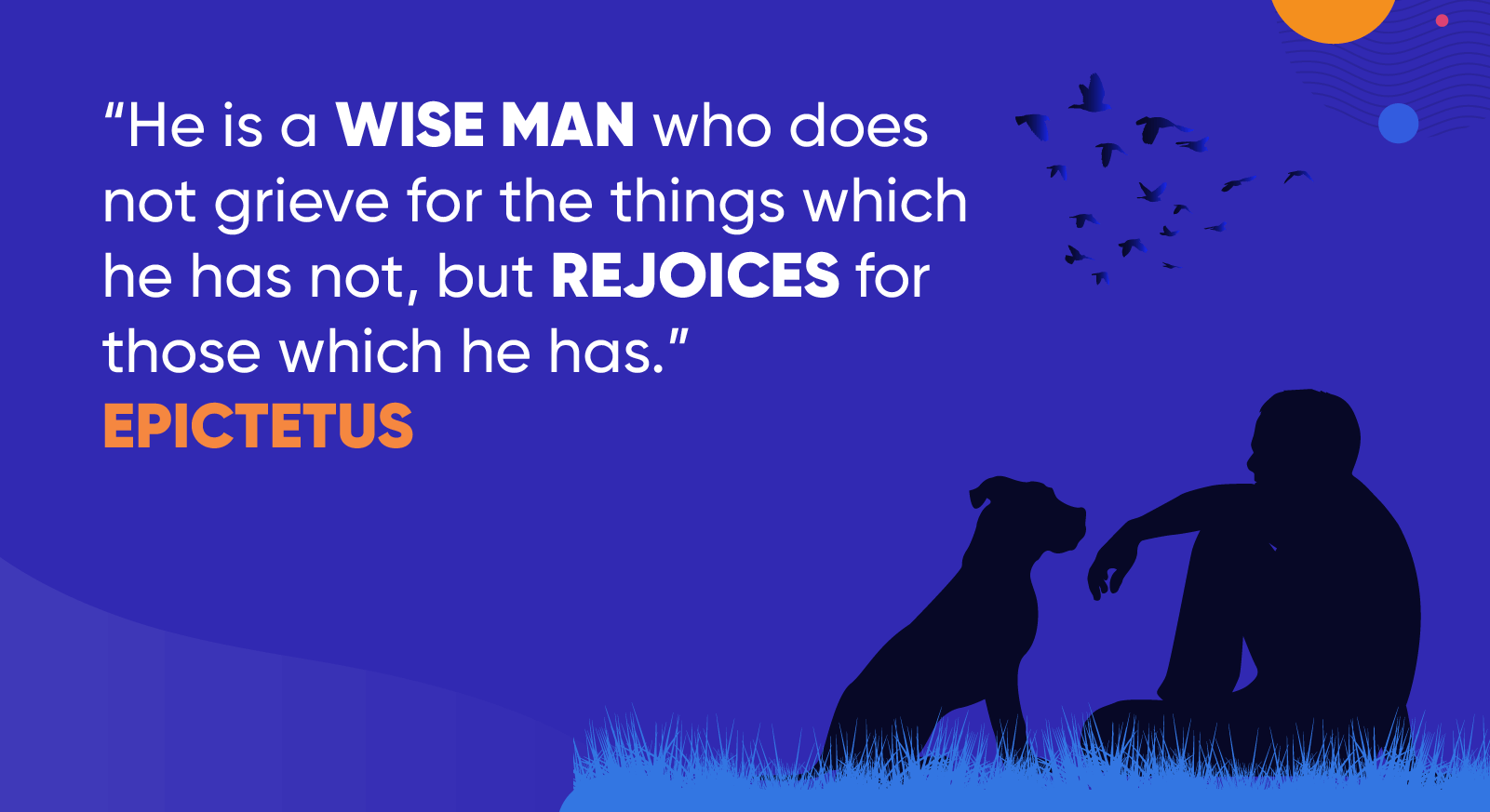
Customers with a strong emotional connection to your brand have a 306% higher lifetime value.* They spend over 150% more than even your regular satisfied customers.* And 71% of them will recommend your company to others.*
Yet 68% of customers feel companies are indifferent to them.* Every campaign you send should communicate to your users that you care about them and appreciate their relationship with your brand.
Along with listening to your customers, expressing appreciation is one important aspect of earning loyalty. 77% of customers enjoy hearing companies express gratitude* — and they respond with deeper engagement. Thank you emails see 42.51% open rates, 18.27% click rates, and 10.34% conversion rates.*
Communicate with Purpose
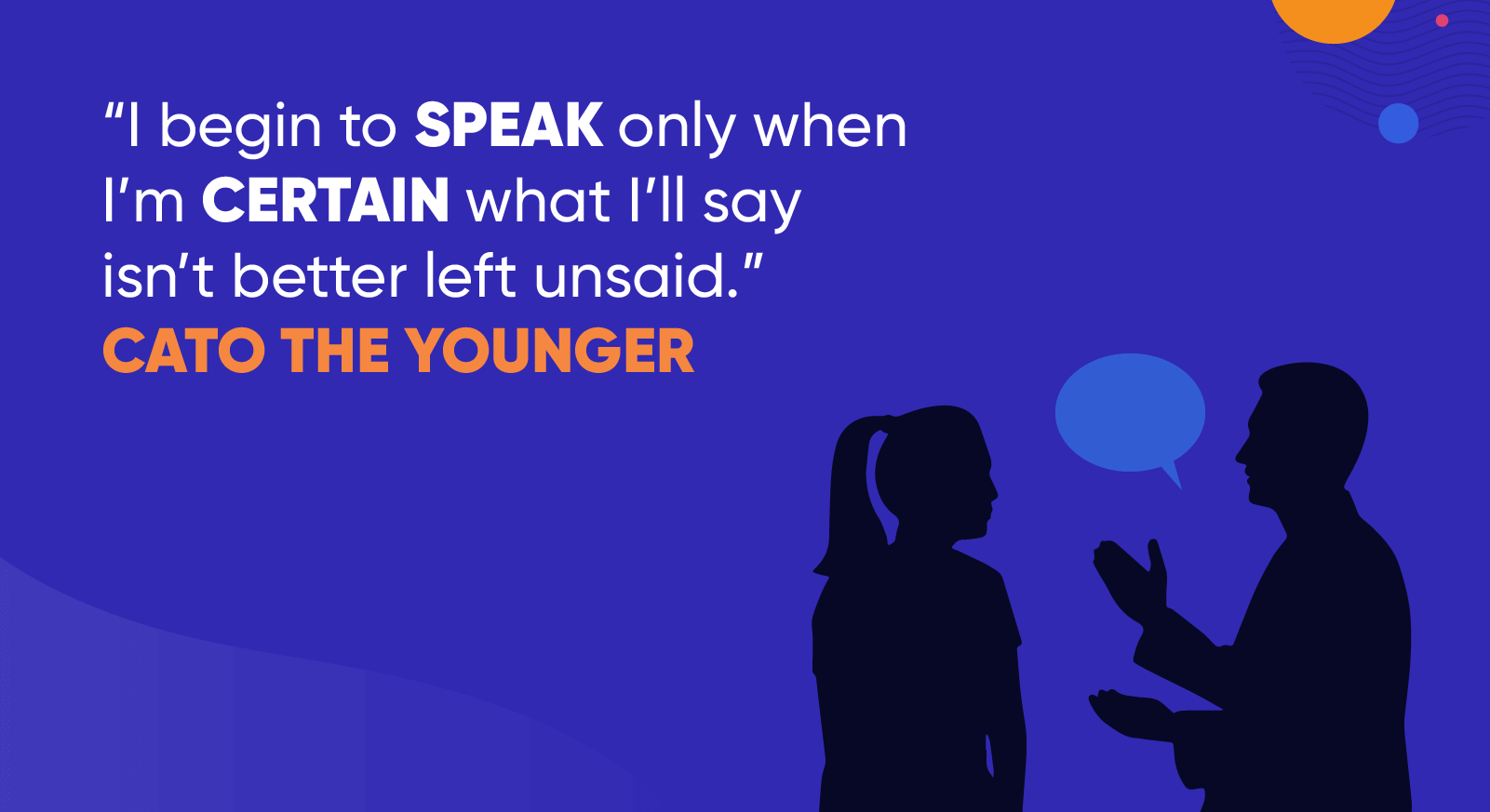
The COVID-19 pandemic is not a marketing opportunity. This is not the time to look at what your competitors are doing and jump to do the same. Don’t add to the noise.
How has the role your brand plays in your customers’ lives changed? How can you be most useful to them now?
Travel brands are sharing updates about cancellation policies and travel flexibility. Retailers are informing customers about limits on high-demand products and being responsible consumers. Content and media brands are sharing their coverage of COVID-19 free to all readers, even those without paid subscriptions.
Saying the right thing means listening to your customers and following their lead when it comes to content and tone of voice. And recognizing that sometimes it’s better to not say anything at all.
Listen Intently
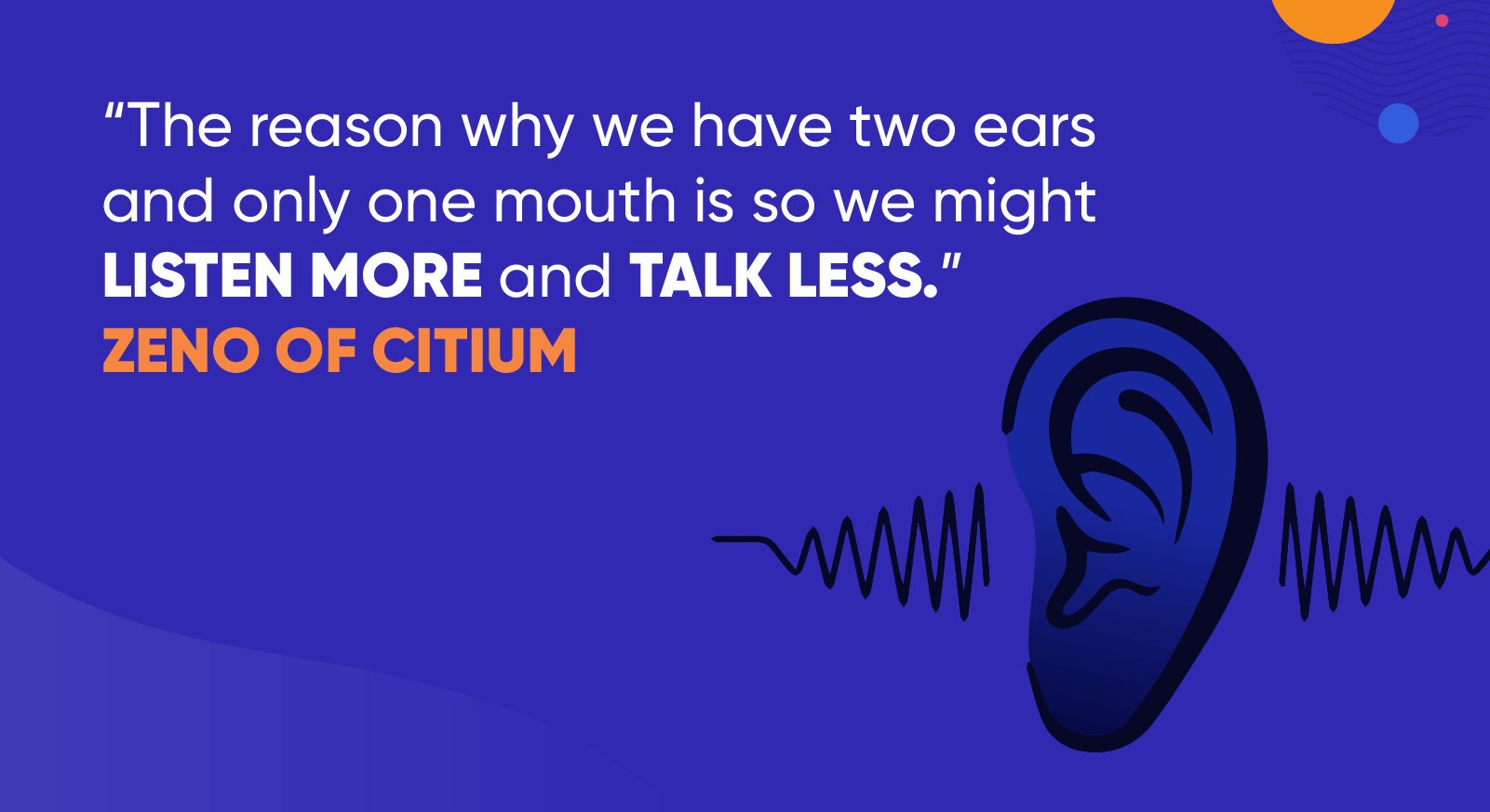
How much communication is too much? Should you share that new product release or feature announcement — or hold off?
Right now, marketers are struggling to find the right balance between communicating with their customers and pestering them with unwanted campaigns.
Before you start drafting email drips, social ads, and in-app messaging campaigns, you have to find out how your customers feel and what they need from your brand. And you can only do that by listening intently.
So keep a close eye on the social channels your customers and audience are active on, even if you don’t have an established brand presence. Ask your sales and customer service teams about the conversations they’re having with prospects and customers. You could even create a short 1-question in-app survey for quick insights into how your customers are feeling or what they want from your brand.
Practice Gratitude
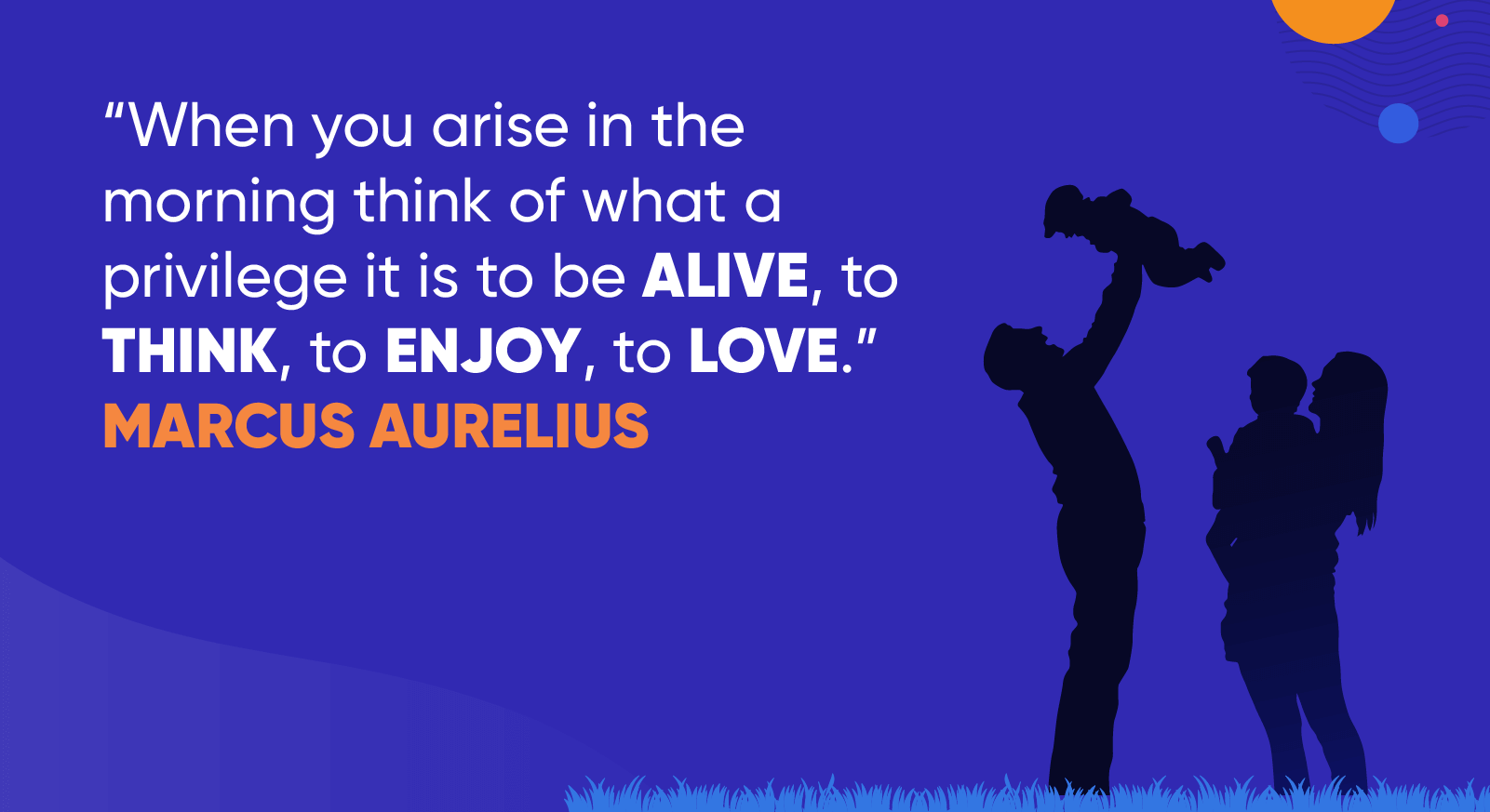
Many of us marketers are privileged to be able to work from home, doing a job that we love with colleagues that inspire us.
There are so many who are not afforded that luxury — who are either finding themselves suddenly out of work, or who are literally risking their health and their lives to provide the essential services that keep the rest of us safe and secure.
Yes, this is a challenging and stressful time for all. But spend a few minutes in gratitude for what you have. It can have a measurable impact on your mental health, productivity, and even your creative ingenuity.*
Remember: This Too Shall Pass
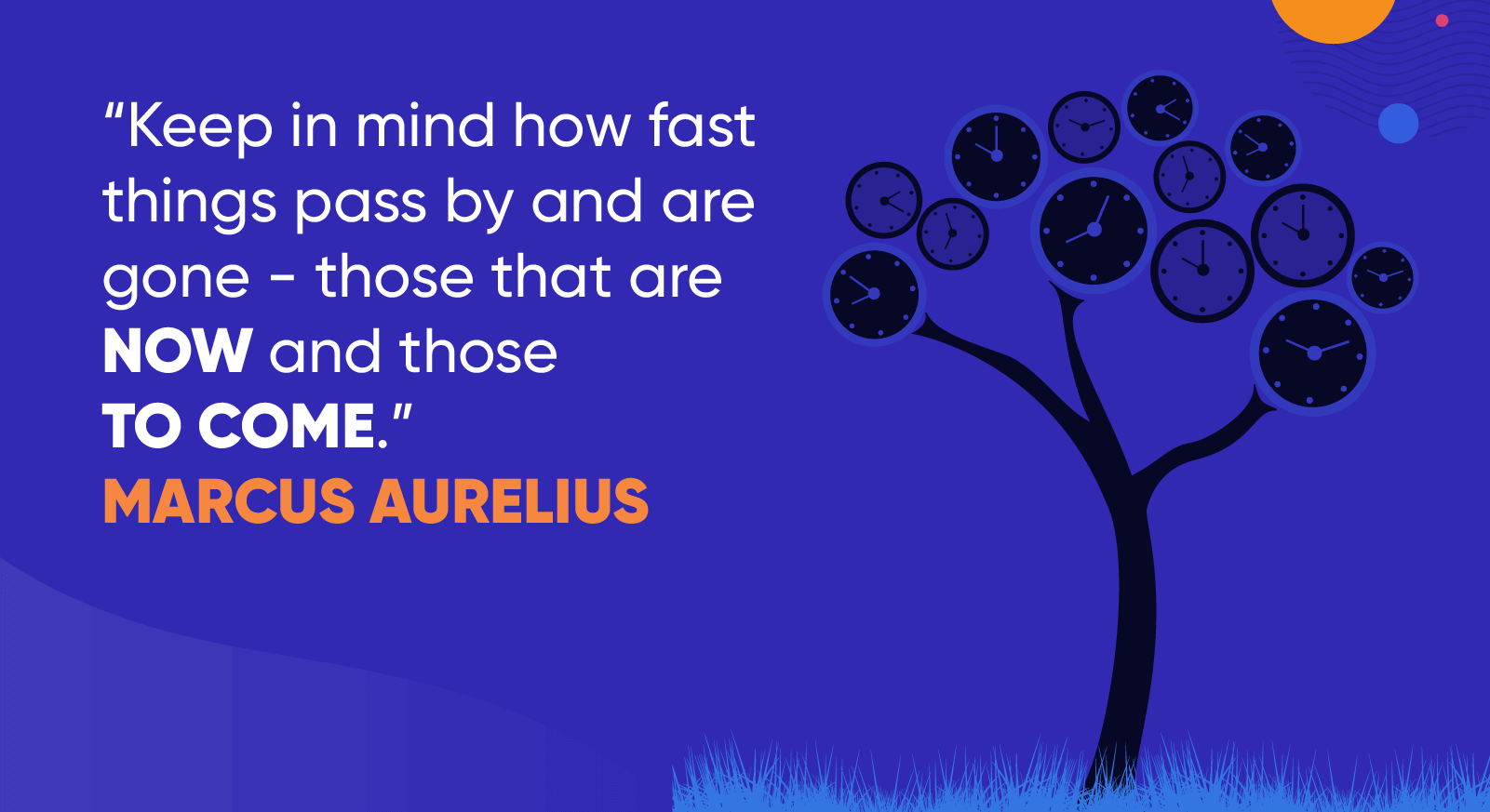
One of the foundational tenets of stoicism is that nothing lasts forever — good or bad. This isn’t meant to be depressing; it’s meant to be liberating.
This pandemic and ensuing quarantine may feel like it’s lasting forever (50 days and counting over here) but at some point this crisis will end. How will it have changed us as individuals and as a society? What will your colleagues and your customers need from you?
By keeping a close eye on your key growth metrics, listening intently to your customers, and practicing empathetic marketing, you’ll be able to be proactive and put plans in place now to succeed tomorrow.
Building a Resilient Mindset
We’re living through history. That’s rarely a comfortable experience. Steep too long in your own head and you can easily fall into a spiral of anxiety that’s difficult to claw your way out of.
That’s where stoicism can help you shine: learn not to let external circumstances distract you from being your best self and doing your best work.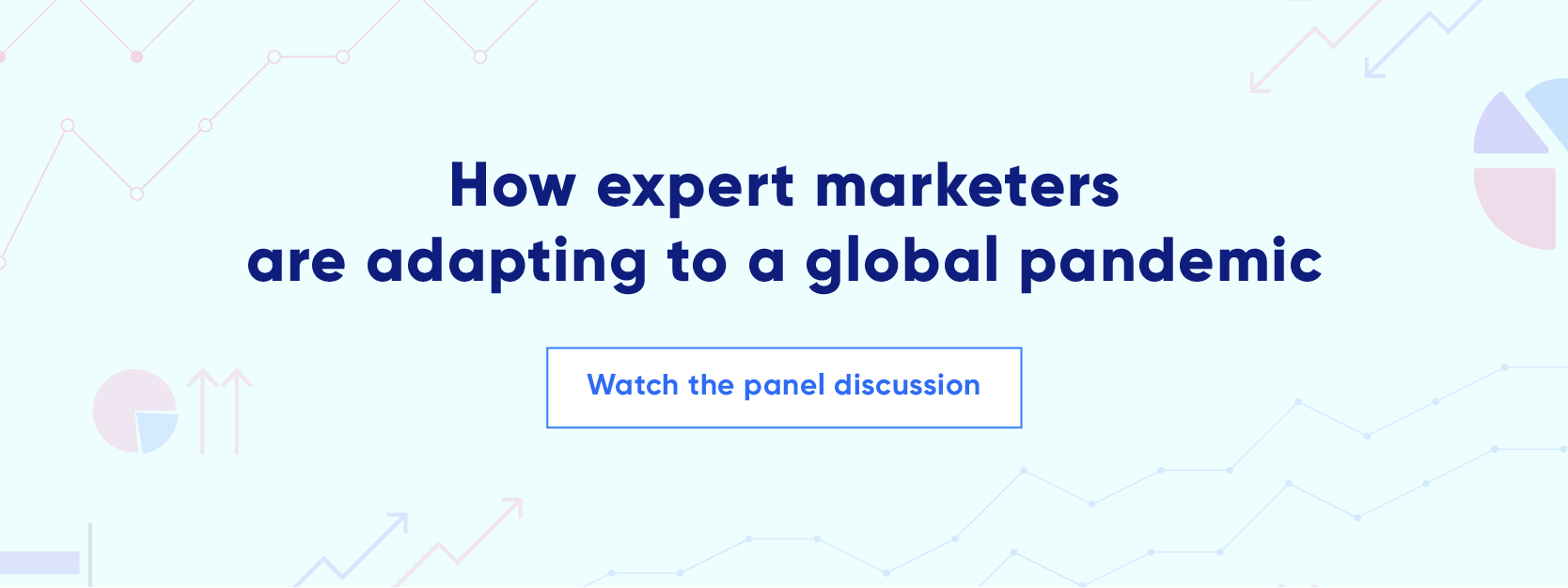
Shivkumar M 
Head Product Launches, Adoption, & Evangelism.Expert in cross channel marketing strategies & platforms.
Free Customer Engagement Guides
Join our newsletter for actionable tips and proven strategies to grow your business and engage your customers.



